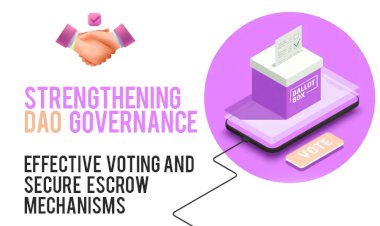Negative Aspects of Dubai's Free Zones

While there are many benefits for businesses and investors in Dubai's free zones, there are some disadvantages and restrictions to take into account. For businesses to make an informed choice about whether a free zone is the best option for their operations, they must be aware of these drawbacks. The following are some of the main drawbacks of the free zones in Dubai.
1. Limited commercial activities: Free zones in Dubai are typically made to serve particular industries and sectors. As a result, there may be a restriction on the types of commercial activities that are allowed, which could limit the range of operations for businesses operating in these zones. Businesses that want to conduct operations outside of their free zone may need to look into alternative licensing options or set up shop on the mainland.
2. Geographical restrictions: Businesses operating in Dubai's free zones are typically restricted to operating only within the zone's boundaries. This implies that they might not be permitted to conduct business with the local UAE market directly without using a local distributor or agent. As a result, the business's ability to access certain markets may be restricted.
3. Greater operational costs: Despite the fact that Dubai's free zones provide a number of tax advantages and incentives, there may be a greater operational expense involved in starting and running a business in these zones than on the mainland. In addition to higher office and warehouse rents, there will also be increased costs for government licenses and other services.
4. Challenges with sponsorship and visas: Although free zones do offer assistance with sponsorship and visa processing, businesses may still have trouble getting visas for their employees, particularly if they need a large workforce. The number of visas that are available to businesses operating in free zones may occasionally be subject to quotas or other limitations, making it more challenging to hire the necessary personnel.
5. Dependence on free zone authorities: Businesses operating in Dubai's free zones must adhere to the rules and guidelines established by the relevant free zone authority. Because businesses are required to abide by the specific requirements and regulations established by the free zone, this can occasionally lead to a lack of flexibility and autonomy.
6. Competition within the free zone: Since free zones frequently serve particular industries and sectors, businesses operating there may encounter fierce competition from other businesses in the same industry. Due to this, it may be harder for businesses to stand out from the competition and gain market share.
Despite these drawbacks, Dubai's free zones continue to draw a sizable number of foreign investors and companies because of their many advantages and welcoming environment. Companies thinking about opening up shop in a free zone should carefully weigh the benefits and drawbacks to determine if a free zone is the best choice for their particular requirements and goals.
Author: Pooyan Ghamari, Swiss Economist

 content-team
content-team 


















